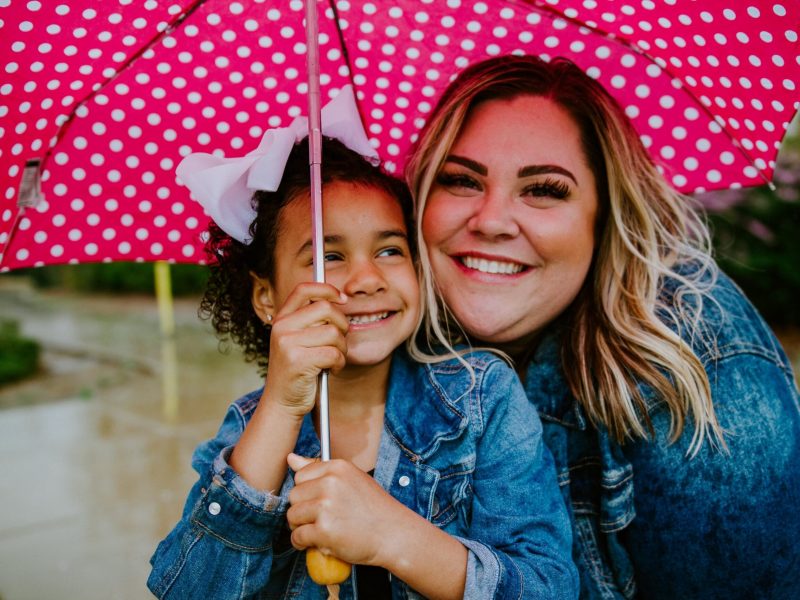A truer thankfulness
Thanksgiving, like so many other holidays, has become a little more complicated than it used to be. It's no longer easy or even socially acceptable to celebrate the old story of settlers and natives sitting down to share a Thanksgiving meal, not in light of a history where those same settlers systematically cheated, abused, and killed those same natives. It's even less easy in light of the conditions in which many aboriginal peoples are still forced to live.
This is why I understand and respect those who choose not to celebrate Thanksgiving or those who choose to celebrate it in alternative ways, but I struggle with that decision myself. I value the function of tradition too highly to jettison such a long established holiday entirely, especially when it's a holiday that (at least in theory) celebrates the virtue of thankfulness in a culture that is most often characterized by a never-satiated desire to consume.
So my approach to Thanksgiving has been to be as truthful and transparent about it as possible. I still celebrate thankfulness, but I take pains to introduce the difficult history of aboriginal peoples whenever the trite little story of Thanksgiving is raised. I still tell my children about how the harvest is a time when it's easy to see how fortunate we are and how much we have to be thankful for, but I also tell them how there are many people, including the first nations of their own country, who have had so much taken from them so that we can have what we have.
I tell them that thankfulness always needs to become compassion and justice and generosity. I also try to engage them in practical ways to share what they have with people around them, to see a need and meet it when they can, even if it's something as simple as holding a door for someone who needs it or using some of their paper route money to sponsor a child.
Too often we as adults are content to eat our turkey and pie and pretend that this is thankfulness. Too often we are so content in our surplus that we forget those who have only deficit. It is time that we practise a true thankfulness, one that becomes compassion for the pain of others, justice for the mistreatment of others, and generosity for the need of others.
The traditional story of Thanksgiving no longer suffices. We owe it both to our own children and to the children of the aboriginal peoples who still struggle with their long history of discrimination, to start telling a new story, one that celebrates a truer thankfulness.
Luke Hill is a stay-at-home father of three boys, aged 10, eight, and four. He has fathered, fostered, adopted, or provided a temporary home for kids anywhere between birth and university. He has taught college courses, adoption seminars, camp groups, Sunday School classes, rugby teams, not to mention his own homeschooled kids.






